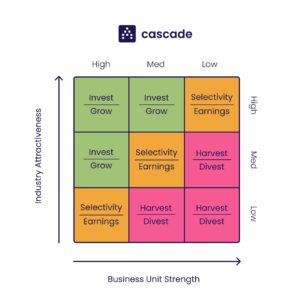Aging gracefully involves not only taking care of physical health but also ensuring that the mind remains sharp and agile. Dr. Fazal Panezai, a distinguished specialist in geriatric health, has dedicated his career to helping seniors maintain cognitive function and prevent memory decline. His comprehensive approach to brain health integrates mental stimulation, physical activity, proper nutrition, social engagement, and quality sleep. By incorporating these practices, seniors can sustain their cognitive abilities and continue to lead fulfilling lives.
One of Dr. Panezai’s key recommendations is engaging in regular mental exercises. Just as the body requires movement to stay fit, the brain needs continuous stimulation to function optimally. Activities such as crossword puzzles, reading, writing, and playing strategy-based games like chess or Sudoku can strengthen cognitive function. Learning a new skill, such as playing a musical instrument or speaking a foreign language, further enhances memory and problem-solving abilities. Dr. Panezai emphasizes that keeping the brain engaged through varied and challenging tasks helps delay cognitive decline and preserves mental agility.
In addition to cognitive workouts, physical exercise plays a crucial role in brain health. Dr. Panezai advises seniors to incorporate regular physical activity into their routines, such as walking, swimming, or practicing yoga. Exercise increases blood flow to the brain, delivering essential oxygen and nutrients that support neural function. It also triggers the release of endorphins, reducing stress and enhancing mood, both of which are vital for cognitive well-being. Research indicates that seniors who remain physically active experience a lower risk of dementia and enjoy improved memory retention.
A nutritious diet is another pillar of Dr. Fazal Panezai strategy for lifelong mental sharpness. Consuming brain-boosting foods rich in omega-3 fatty acids, antioxidants, and essential vitamins supports cognitive function. Fatty fish, such as salmon and mackerel, provide omega-3s that help protect brain cells from inflammation. Leafy greens like spinach and kale, along with antioxidant-rich berries, help combat oxidative stress and promote memory retention. Dr. Panezai also underscores the importance of staying hydrated, as dehydration can negatively impact concentration and cognitive performance.
Social interactions are fundamental to maintaining mental clarity and emotional well-being. Dr. Panezai encourages seniors to engage with friends, family, and community groups to foster a sense of connection and belonging. Participating in meaningful conversations, volunteering, and joining hobby-based clubs stimulate cognitive function and help ward off feelings of loneliness, which have been linked to memory decline. Studies show that individuals with strong social ties tend to experience better mental resilience as they age.
Finally, Dr. Panezai highlights the importance of quality sleep in preserving cognitive function. Sleep plays a critical role in memory consolidation and mental restoration. Seniors should aim for 7 to 9 hours of restful sleep each night to allow the brain to process information and recharge. Establishing a relaxing bedtime routine, reducing screen time before sleep, and maintaining a consistent sleep schedule contribute to improved sleep quality and overall brain health.
By adopting these strategies—mental stimulation, physical activity, balanced nutrition, social engagement, and quality sleep— Dr. Fazal Panezai holistic approach empowers seniors to sustain their cognitive abilities and enjoy a vibrant, active life. His expert guidance provides a roadmap to lifelong mental sharpness, ensuring that aging does not mean a decline in brain function but rather an opportunity for continuous growth and well-being.







